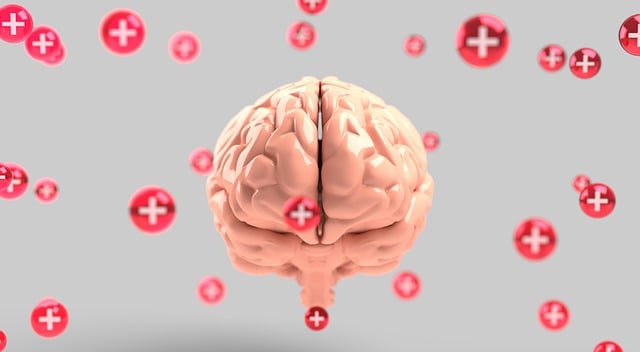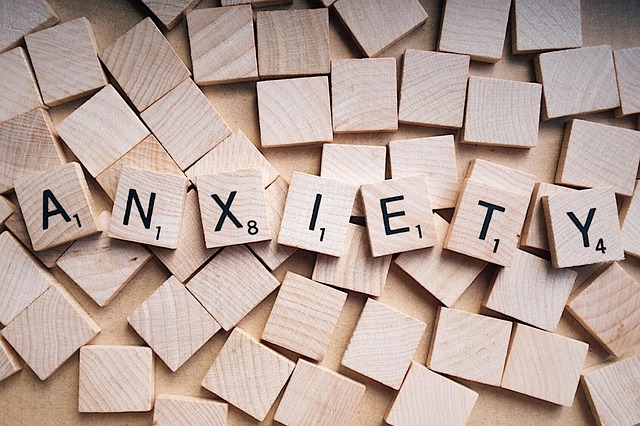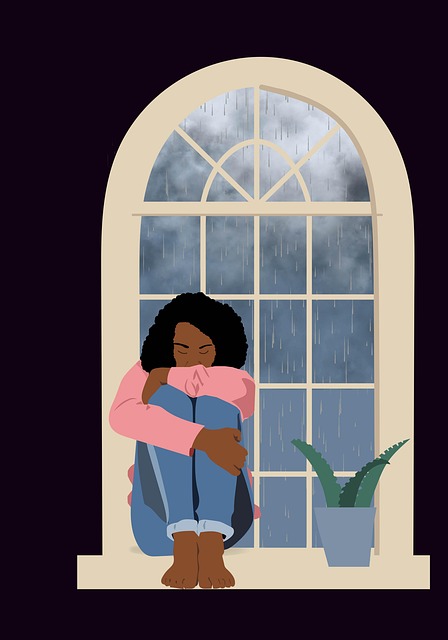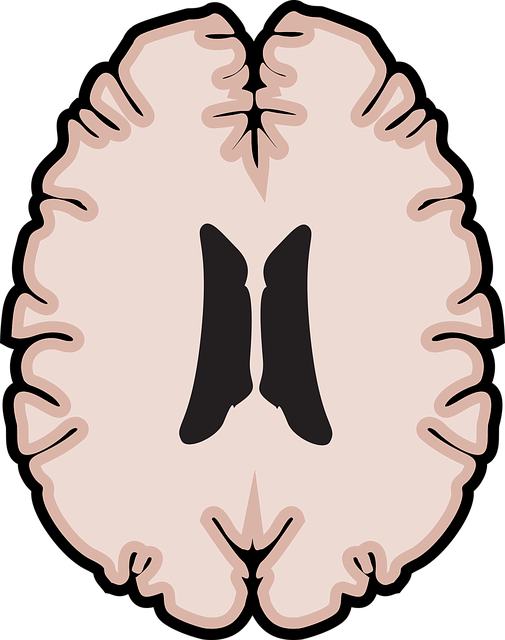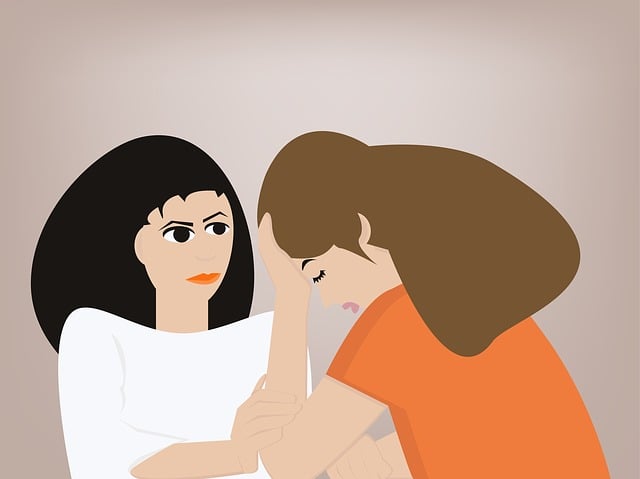Loss, grief, and bereavement significantly impact individuals across ages, with adolescents and teens often struggling silently. Therapy serves as a powerful tool, providing safe spaces for expression and healing through targeted interventions like cognitive-behavioral therapy (CBT) and mindfulness meditation. Specialized support, including counseling, mental wellness journaling, guided exercises, stress management techniques, and support groups, empowers elders, adolescents, and teens to develop coping skills, enhance self-care routines, cultivate empathy, and build resilience in navigating emotional challenges after significant loss. Healthcare providers prioritize cultural competency training to offer sensitive care tailored to diverse needs.
Loss, grief, and bereavement are universal experiences that can profoundly impact individuals of all ages. This comprehensive guide explores these complex emotions, offering insights into how different stages of life require tailored support. From understanding the grieving process to effective therapy approaches, we delve into strategies for healing. We examine the critical role counselors play in creating safe spaces and provide resources for those navigating difficult times, focusing on therapeutic solutions for elders, adolescents, and teens.
- Understanding Loss, Grief, and Bereavement: A Comprehensive Overview
- Who Needs Counseling? Recognizing the Need for Support in Different Ages
- Therapy Approaches: Effective Techniques for Coping with Sadness
- Creating a Safe Space: The Role of Counselors in Facilitating Healing
- Resources and Next Steps: Supporting Individuals Through Difficult Times
Understanding Loss, Grief, and Bereavement: A Comprehensive Overview

Understanding loss, grief, and bereavement is a multifaceted process that involves recognizing and processing the emotions associated with the death of a loved one. This journey can be particularly challenging for elders, adolescents, and teens as it intersects with various life stages and experiences. Therapy serves as a powerful tool to navigate these complex feelings, offering a safe space for expression and healing.
Through therapeutic interventions, individuals can develop effective coping skills, engage in self-care routine enhancements for better mental health, and learn empathy building strategies. The process facilitates a gradual acceptance of the loss while empowering one to integrate the memories and move forward with resilience. Targeted support is crucial, especially for vulnerable groups, ensuring they have the necessary resources to overcome grief and bereavement.
Who Needs Counseling? Recognizing the Need for Support in Different Ages

Grief is a universal experience, but its impact can vary greatly across different age groups. While adults often seek therapy for elders to navigate the complexities of loss, recognizing the need for support in adolescents and teens is equally vital. Young people may struggle silently with grief, as they grapple with identity formation and emotional regulation. For them, coping skills development through counseling can be transformative, helping to process sorrow and rebuild resilience.
At any age, the loss of a loved one can significantly affect mental wellness. Encouraging individuals to keep a mental wellness journal or engage in guided exercises can offer healthy outlets for expression. However, it’s crucial for mental health professionals to conduct thorough risk assessments before diving into supportive practices. This ensures that appropriate guidance is provided, catering to the unique needs and vulnerabilities of each individual.
Therapy Approaches: Effective Techniques for Coping with Sadness

Loss, grief, and bereavement counseling offers a range of effective therapy approaches to help individuals cope with sadness and navigate their emotions after a significant loss. For elders, adolescents, and teens, specialized counseling can provide safe spaces to express their feelings, gain insights into their grief process, and develop healthy coping strategies. Techniques such as cognitive-behavioral therapy (CBT) have proven beneficial, helping clients identify and challenge negative thought patterns associated with loss, thereby reducing symptoms of depression and anxiety relief.
Incorporating mindfulness meditation as a complementary practice can significantly enhance the therapeutic experience. This ancient technique encourages individuals to stay present, focusing on their breath and sensations in the moment, which can help alleviate feelings of burnout prevention and promote emotional balance. By combining evidence-based therapies with mindfulness practices, counselors empower their clients to cultivate resilience, find meaning, and eventually, begin to heal.
Creating a Safe Space: The Role of Counselors in Facilitating Healing

In the sensitive realm of loss, grief, and bereavement counseling, creating a safe and nurturing environment is paramount to facilitating healing. Counselors play a crucial role in this process by offering a non-judgmental space where individuals, regardless of age, can openly express their emotions. For elders, adolescents, and teenagers grappling with loss, the counselor’s ability to provide a secure haven is transformative. This safe space allows for the exploration of complex feelings without fear of criticism or rejection, fostering an atmosphere conducive to healing.
Through skilled active listening and empathy, counselors help clients build inner strength and develop effective coping mechanisms. They guide individuals in navigating their unique grief journeys, promoting mood management strategies tailored to their needs. By addressing emotional challenges head-on, the counseling process empowers clients to enhance their confidence and cultivate resilience—a vital asset in overcoming bereavement.
Resources and Next Steps: Supporting Individuals Through Difficult Times

In navigating the complexities of loss, grief, and bereavement, individuals often require specialized support to foster healing. Therapy serves as a powerful tool for elders, adolescents, and teens alike, offering a safe space to process emotions, memories, and the profound impact of their losses. Many healthcare providers now emphasize the importance of cultural competency training to ensure sensitive and effective care, addressing diverse needs within these vulnerable populations.
Beyond therapy, cultivating inner strength through stress management techniques and mindfulness practices can significantly aid in the healing process. Resources such as support groups, community outreach programs, and online communities further empower individuals to connect, share experiences, and find solace during difficult times. Encouraging open dialogue and destigmatizing grief are essential steps towards supporting those navigating loss, fostering resilience and a sense of belonging.
Loss, grief, and bereavement counseling play a vital role in helping individuals of all ages navigate difficult emotions and find healing. Whether it’s supporting elders dealing with the loss of a spouse or providing therapy for adolescents coping with a parent’s death, counselors offer a safe space to process sorrow and trauma. By employing various therapeutic techniques and creating supportive environments, counseling can significantly enhance one’s ability to adapt and move forward. Resources like support groups and community outreach programs further reinforce the healing process. Remember that seeking help is a sign of strength, and with the right guidance, it’s possible to find solace and rebuild after profound loss.
